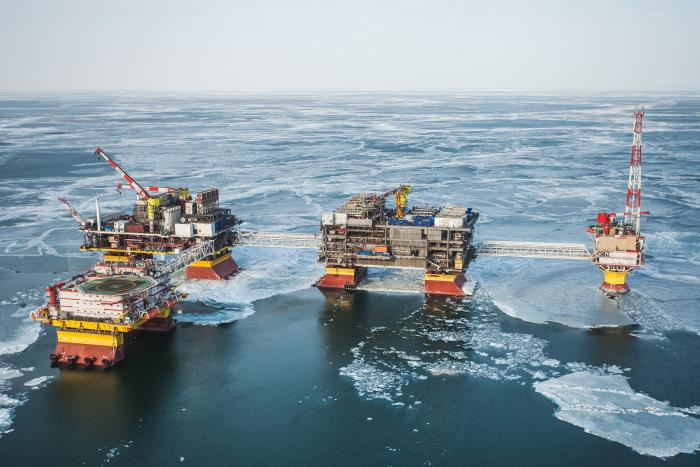RUSSIA MONITOR
Date: 21 May 2018
Prognosis for Russia’s Petroleum Policy
The composition of Russia’s new government and situation on the world oil market suggest that the country will maintain the current course in this economic sector. It can be proven by the agreement on limiting oil extraction; according to the rule that if something functions well and brings profits, it should not be improved.

Russia’s Energy Minister Alexander Novak will retain his post in the new government. He has a strong position in the government and is supported by the Kremlin, mainly thanks to his successful cooperation deal with Saudi Arabia. This was an important and difficult task. Riyadh is one of the strongest leaders in oil production and takes the lead in OPEC. But at the same time, it is the ally with the USA and a conservative Sunni country that provided strong financial support to the Chechen rebellion some time ago. On May 17, Saudi Arabia informed that the country’s authorities conducted talks with other OPEC members and Russia about concerns connected with rising oil prices. That day, the price for an oil barrel reached 80 dollars. Saudi Energy Minister Khalid al-Falih discussed this issue with his Russian counterpart Alexander Novak. They are expected to meet this week during the economic summit in Saint Petersburg. The current agreement on maintenance of limited oil extraction has been prolonged in November untill the end of this year. But since the beginning of this year, the oil price has risen by as many as 18 percent. Few changes have been introduced in OPEC and Russia’s strategy from November. It can be noticed in the case of the latter; by freezing the level of extraction, Russia has already gained additional 20 billion dollars, and Russian companies – even 8 billion dollars.
There will be no change in the foreign energy policy, but what about the domestic one? It seems that there is no other big company left to be taken over by Rosneft. The Kremlin is not likely to allow for taking over Lukoil’s shares since it would mean a far-reaching renationalisation of the oil sector. Otherwise, the great public-commercial five, consisting of such giants as Rosneft, Lukoil, Gazpromneft, Surgutneftegas and Tatneft would be changed. Dmitry Kozak was appointed new deputy minister of energy. But more important than him (he performs all orders from the Kremlin: he supervised the North Caucasus, he controlled the Olympic Games in Sochi; he is a man of many talents) is the deposition of his predecessor. Arkady Dvorkovich worked actively in the sector and was a real obstacle for Sechin’s expansion. His deposition could have been influenced by the siloviki’s action against the Magomedov brothers. The change on the position of deputy minister in charge of energy sector may suggest expanded offensive of Sechin and generally an increase in siloviki’s role in governing the field. But this has a negative impact on a long-term basis and economists such as Alexei Kudrin are aware of it. To what extent are the changes in energy sector possible? It will be probably tightly connected with the fate of reforms, which should be conducted in order to fulfill ambitious socio-economic goals set by Putin in his decree published on May 7.
All texts published by the Warsaw Institute Foundation may be disseminated on the condition that their origin is credited. Images may not be used without permission.














